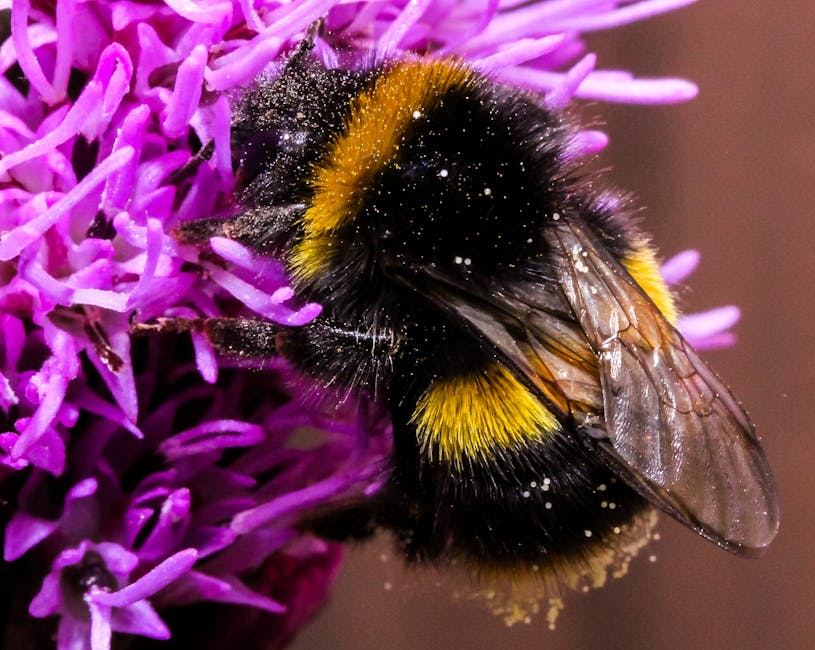Rejoice
if you have nothing to give
if your soul is worn out, worn thin, worn down
by a life that just keeps throwing stuff at you and won’t let up.
If you are depressed and anxious, tired and fed up,
sustained by pills and bottles, envy, regret and trashy daytime TV.
If you have had enough of the way things are
and cannot summon up the strength to get out of bed
let alone go on
Rejoice
Rejoice
if you are sad today without knowing why.
If you are mourning, bereaved, or grieving
If you carry the pain of miscarriage, of abortion, of betrayal, of loneliness
of friends who promised they would be there but are nowhere to be found.
Rejoice
Rejoice
if you are at the bottom of the pile.
If you are oppressed and downtrodden, unliked and unnoticed,
if the system is against you and your cause is crushed.
If you are powerless and helpless, held down by those too strong for you,
if politicians and the media conspire against you, forcing you further down
into poverty and disillusion
Rejoice
Rejoice
if you are hungry for justice, starving for the answers,
longing for the trial that will put things right,
if no one believed you when you told them what he – she – they did.
If you ache for, thirst for, long for equality
and a world in which good beats evil, and right beats wrong
in which justice is not determined by the fatness of your wallet.
If you believe that it must be possible for it to be better than this
fairer than this,
if you hate the bitter taste of corruption that taints the news
and the pompous, prig smiles of those who think they’ve got away with it
Rejoice
Rejoice
if you forgive others
if you choose to exercise compassion again and again and again
if people think you’re stupid and a doormat, a pushover and a mug
because you keep showing grace, keep showing love, keep saying it’s alright
even when it hurts like hell and this isn’t the last time.
If you don’t hold people’s mistakes against them
if you hold lightly to each insult, each offence, each slight
thrown unwillingly, or on purpose
if you show mercy to all – those who deserve it and those who don’t
Rejoice
Rejoice
if your heart is pure, and your motives are right
if you avoid Facebook gossip and Instagram envy
if you don’t give in to peer pressure and dare to be different
defining yourself by who you truly are, not what others say
if you steer clear of what could degrade yourself
or others
if you set your mind on things above and not on earthly things
longing for what is noble, what is true, what is right, what is lovely
instead of what culture tells you is the lastest fad designed to satisfy your soul
Rejoice
for you will meet the King face to face.
Rejoice
if you hope for, long for, yearn for peace
and vote for policies not personalities.
If you don’t stir up trouble in pursuit of a bit of drama
that might make your life more entertaining.
If you stand against war and bloodshed, bombs and weapons
loving your enemy rather than seeking to wipe them out
choosing the way of non-violence whatever the cost.
If you say sorry first and make amends
sacrificing the need to win for sake of peace.
If you reconcile, negotiate, communicate between foes
(even if it makes no difference)
Rejoice
for you are a child of the King.
Rejoice
when you are shouted at and talked down to
the object of scorn and sneers because of what you stand for
when you are belittled and made to feel stupid for daring to have faith
for daring to trust that there is a king, and he has a kingdom
that the kingdom is coming and is already here
Rejoice
because you belong in this kingdom
you belong to this king.

